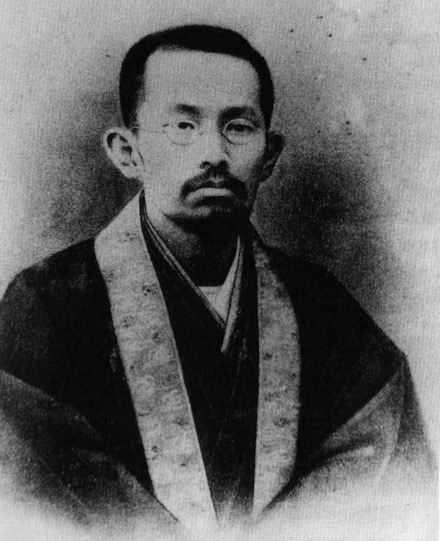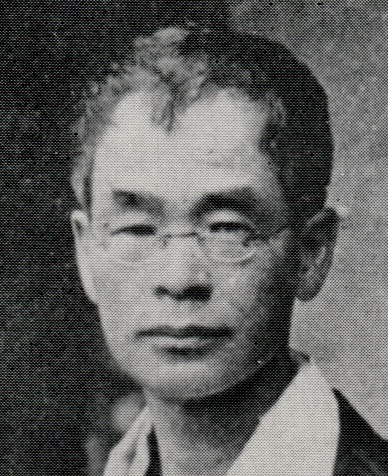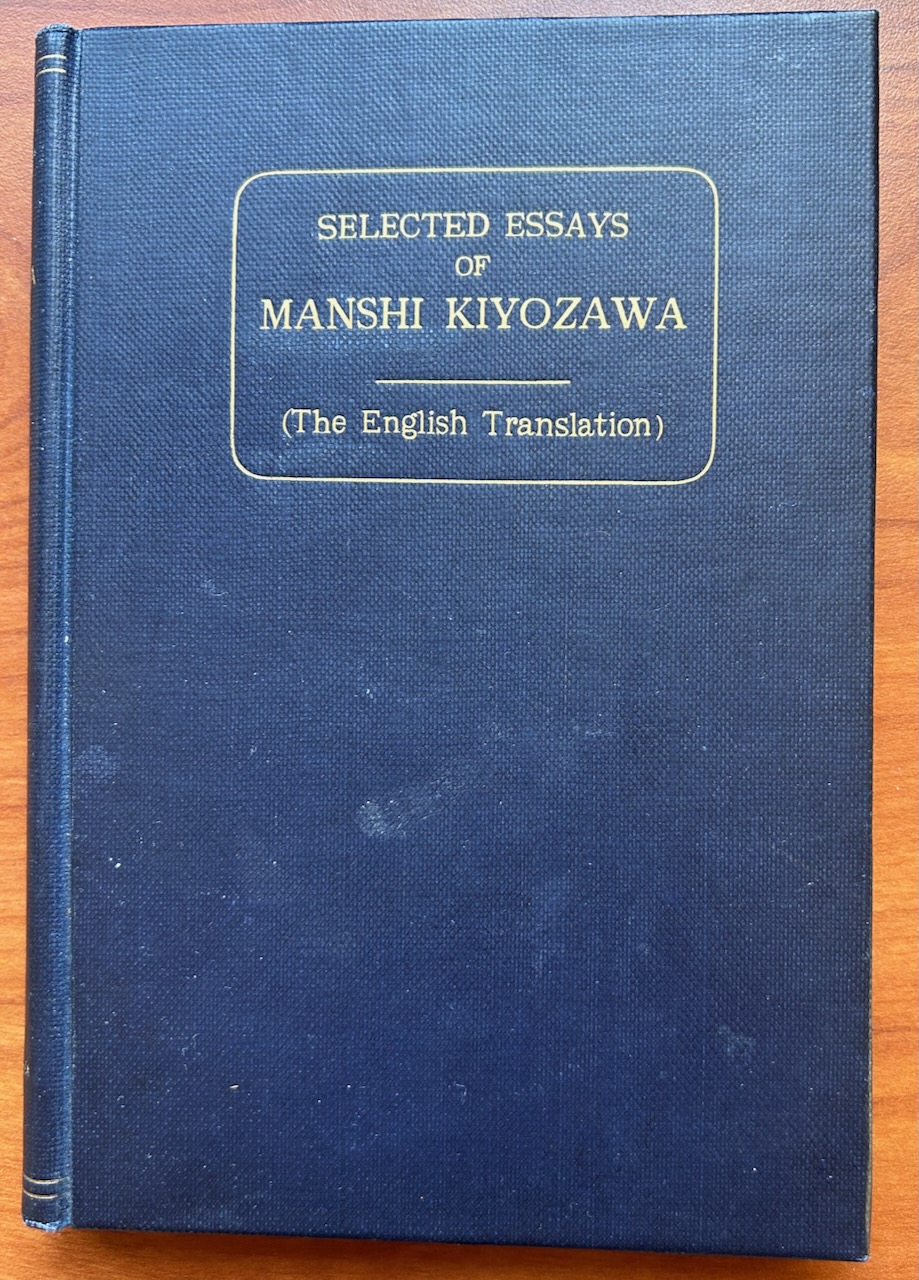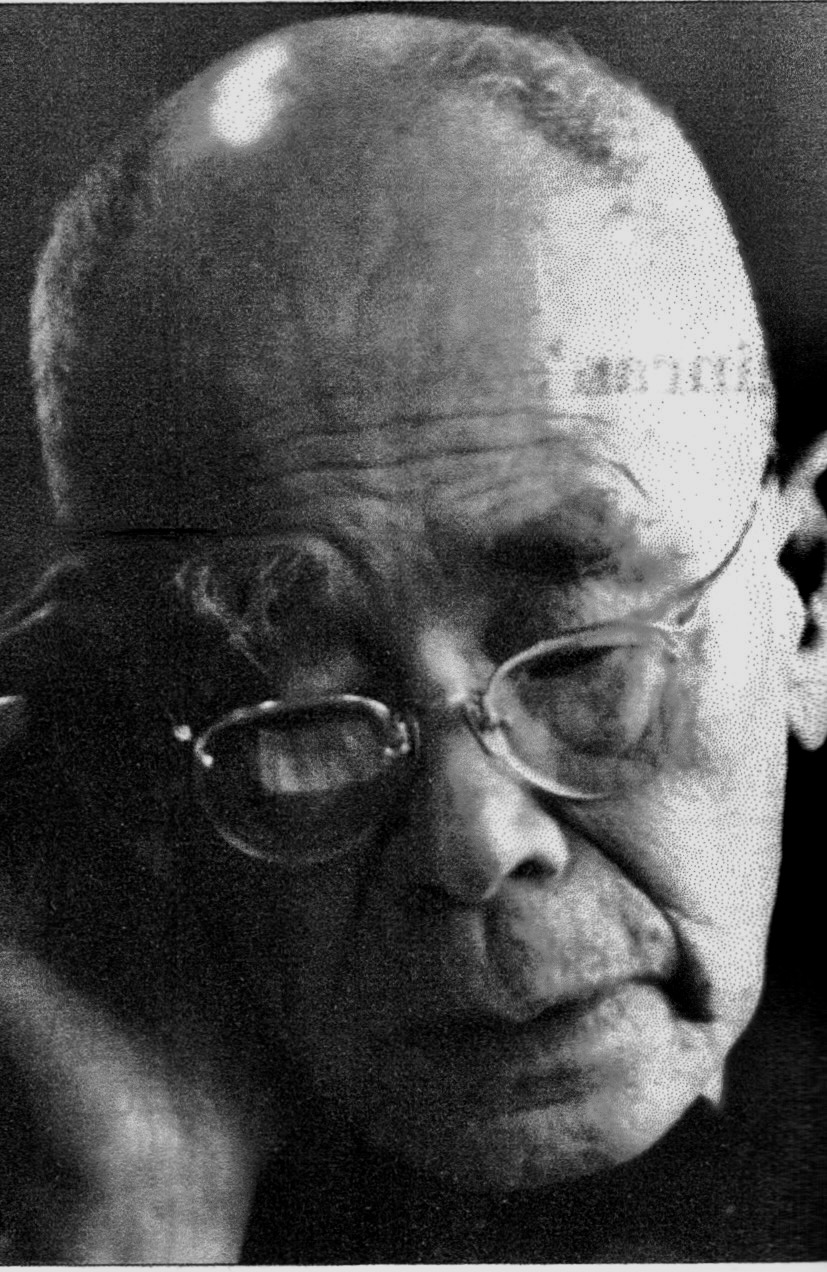
By Rev. Ken Yamada
Spiritual awakening takes various routes, depending on the person. Swift and direct, or twisting and turning. Two of Jodo Shinshu’s most important teachers in modern times took such opposite routes.
Daisetz Teitarō Suzuki (1870-1966), absorbed in Zen practice, experienced a profound realization early in life. By contrast, Kiyozawa Manshi (1863-1903) struggled for years, delving deep into philosophy before awakening to spiritual truth. Continue reading “Kiyozawa: From Philosophy to Awakening”





